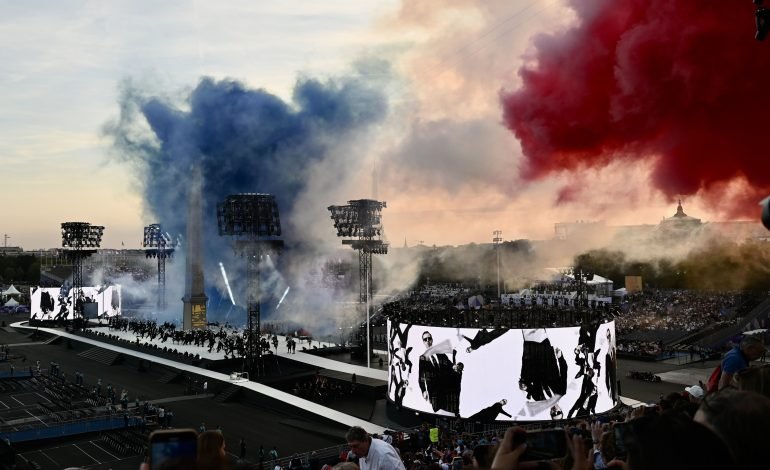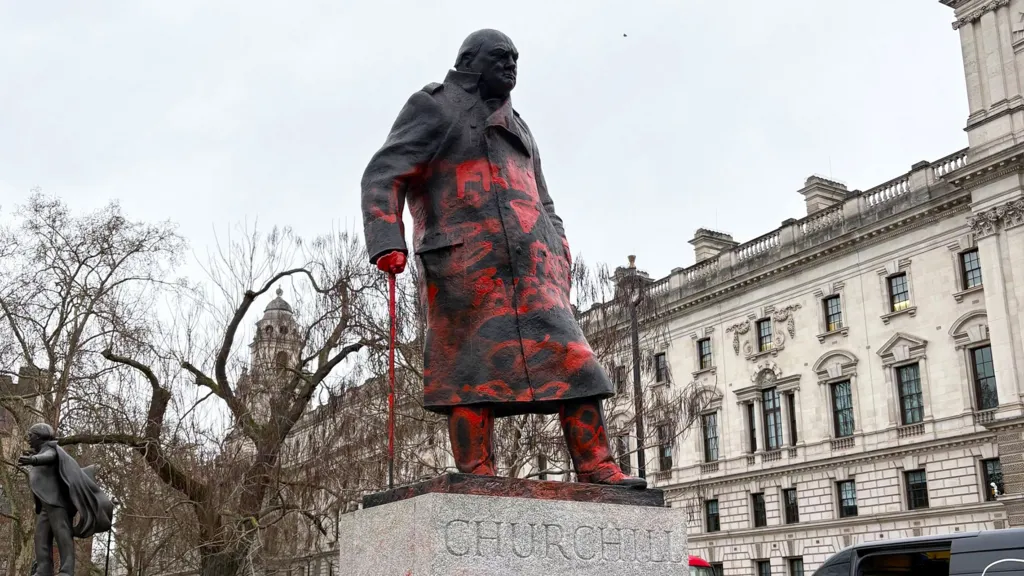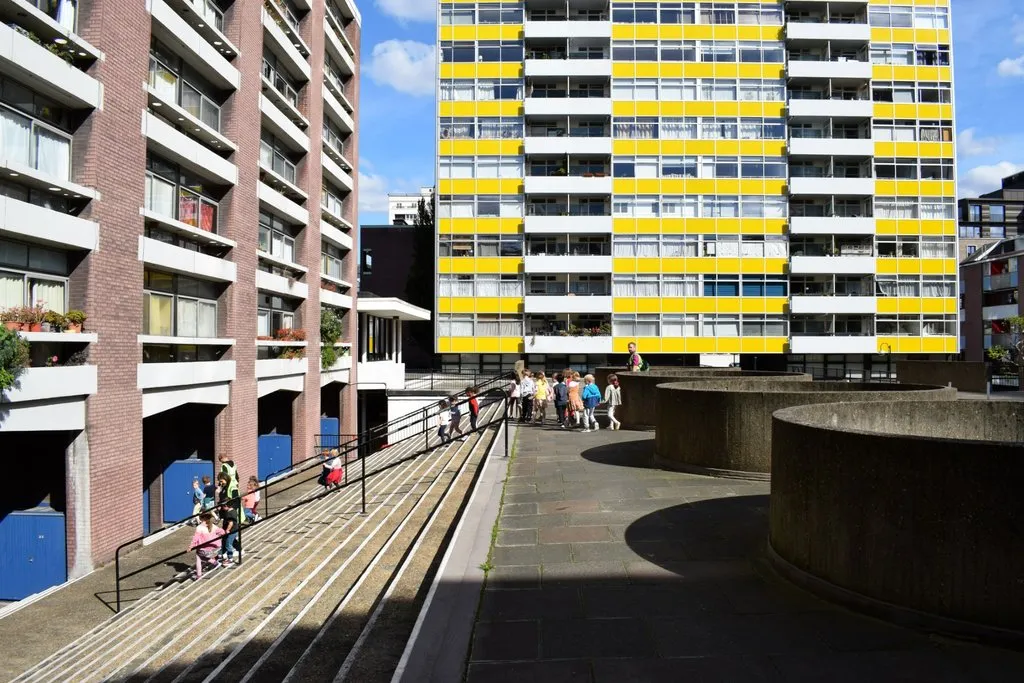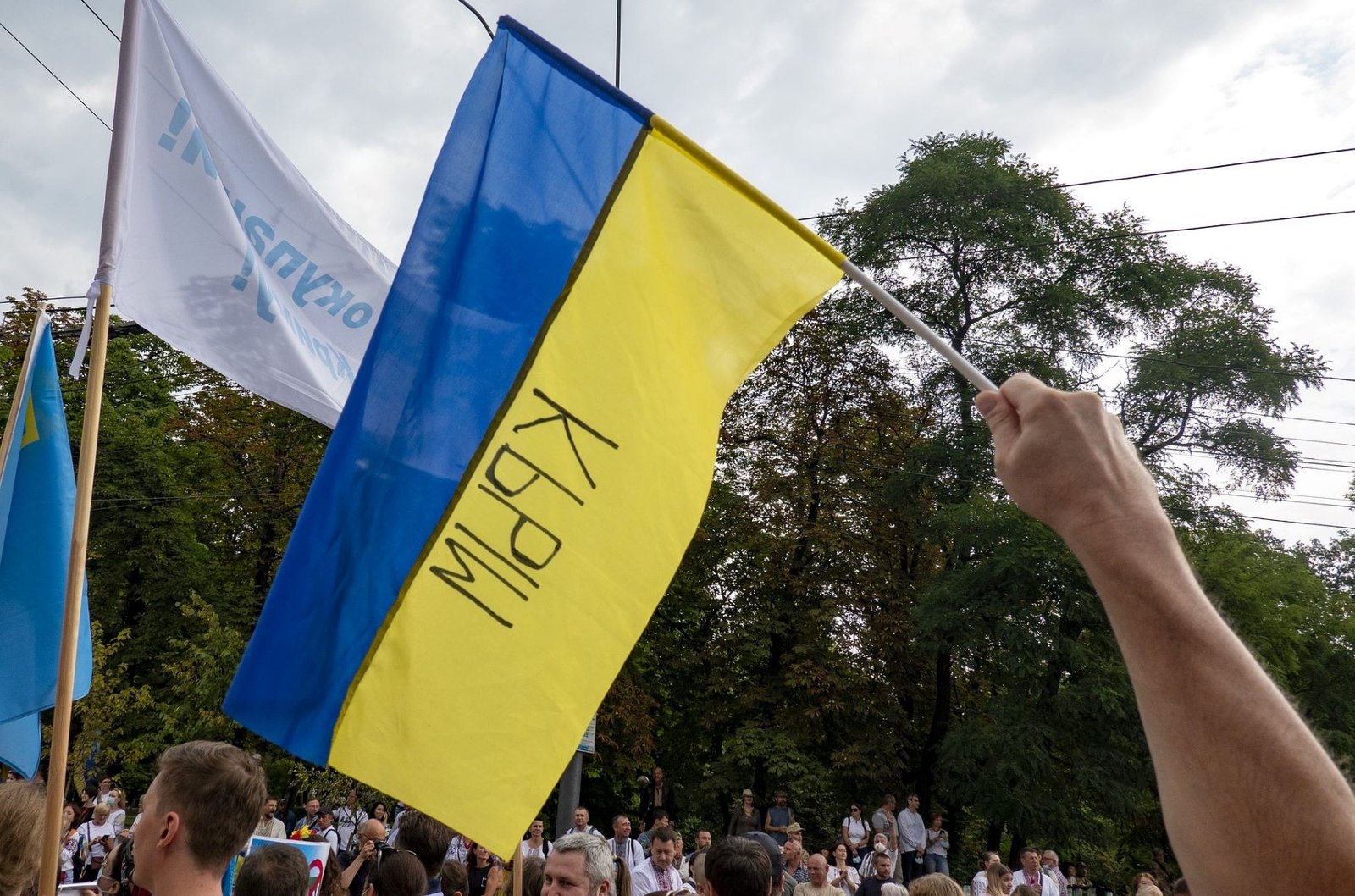Brazil’s Supreme Court Votes on X Ban Amid Free Speech Debate

Brazil votes today on whether to uphold a ban on the social media platform X, formerly known as Twitter, in a move that has sparked a major debate on free speech and regulation in one of the world’s largest digital markets. This pivotal vote by the Supreme Court follows Justice Alexandre Moraes’ decision to suspend X after the platform failed to appoint a new legal representative in Brazil by a court-imposed deadline. This development has intensified the long-standing clash between X’s owner, Elon Musk, and Brazilian authorities, particularly around issues of misinformation and content regulation.
Justice Moraes, a key figure in Brazil’s judiciary, has a history of taking a firm stance against misinformation, ordering the suspension of dozens of accounts earlier this year that were linked to spreading disinformation, many of which supported former right-wing President Jair Bolsonaro. The current ban on X has been positioned as part of these broader efforts to tackle false information on social media. However, Elon Musk has fiercely criticised the ruling, labelling it as an attack on free speech and accusing Justice Moraes of using his judicial power for political purposes.
The Supreme Court, consisting of 11 justices divided into two chambers, will decide whether to maintain or overturn Moraes’ ruling. The first chamber, which includes Justice Moraes, is expected to take a significant stance, as this vote not only challenges the influence of social media platforms but also raises fundamental questions about judicial overreach and the boundaries of state intervention in digital communication.
The legal conflict escalated after X, which recently closed its office in Brazil, argued that the representative assigned to deal with legal issues had been threatened with arrest for non-compliance. X’s closure of its Brazilian office came amid ongoing disputes about court orders that the platform has described as censorship. In response to the suspension, Justice Moraes mandated that tech companies such as Apple and Google remove X from their app stores within five days and block access to the platform on all devices in Brazil. Individuals or businesses caught accessing X through virtual private networks (VPNs) could face hefty fines of R$50,000 (about £6,780).
Brazil is one of the largest markets for X, making the Supreme Court’s decision particularly impactful. Should the ban be upheld, it would set a precedent for how the Brazilian government deals with social media platforms that it deems non-compliant with local laws. For Elon Musk, whose platform has positioned itself as a champion of free speech, this conflict represents a critical test of how much control a government can exert over digital spaces.
The broader implications of this legal battle are likely to resonate beyond Brazil, potentially influencing how other countries navigate the complex terrain of regulating social media. While Musk insists that his platform supports open dialogue and free expression, Brazilian authorities argue that unchecked misinformation poses a significant threat to public order and democracy. The outcome of today’s vote could redefine the balance between freedom of expression and the need for oversight on digital platforms, particularly in politically sensitive contexts.
The Supreme Court’s ruling is expected to have a ripple effect, influencing future cases on social media regulation, not only in Brazil but potentially in other jurisdictions grappling with similar challenges. As Brazil votes on this significant issue, the eyes of the global tech community and free speech advocates are firmly fixed on the outcome, which will likely set the tone for future interactions between governments and powerful social media networks.
For more on how Brazil votes and the legal battles that are shaping the future of social media in the country, explore related articles on EyeOnLondon. For updates on the court’s decision, you can visit the Supreme Federal Court of Brazil.









